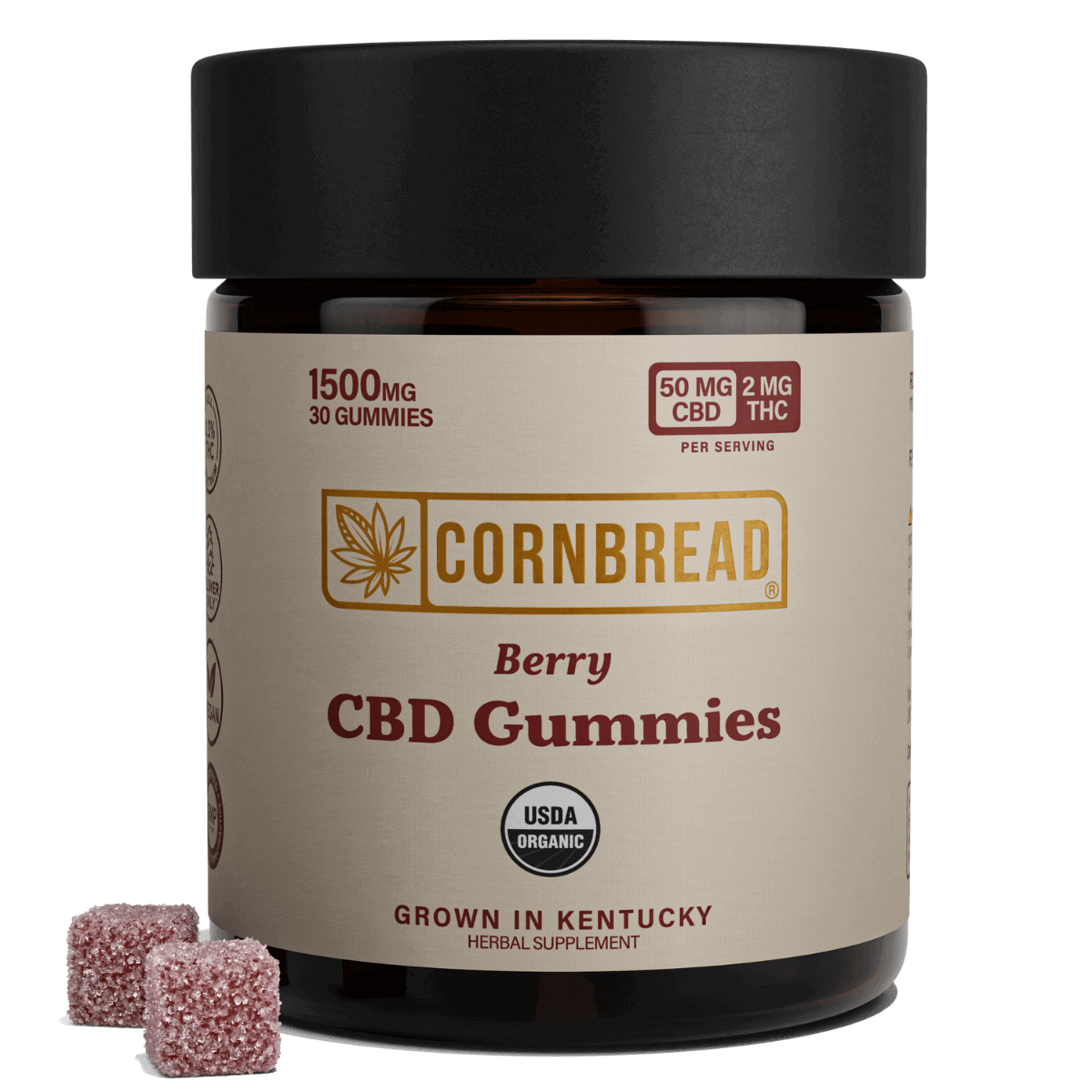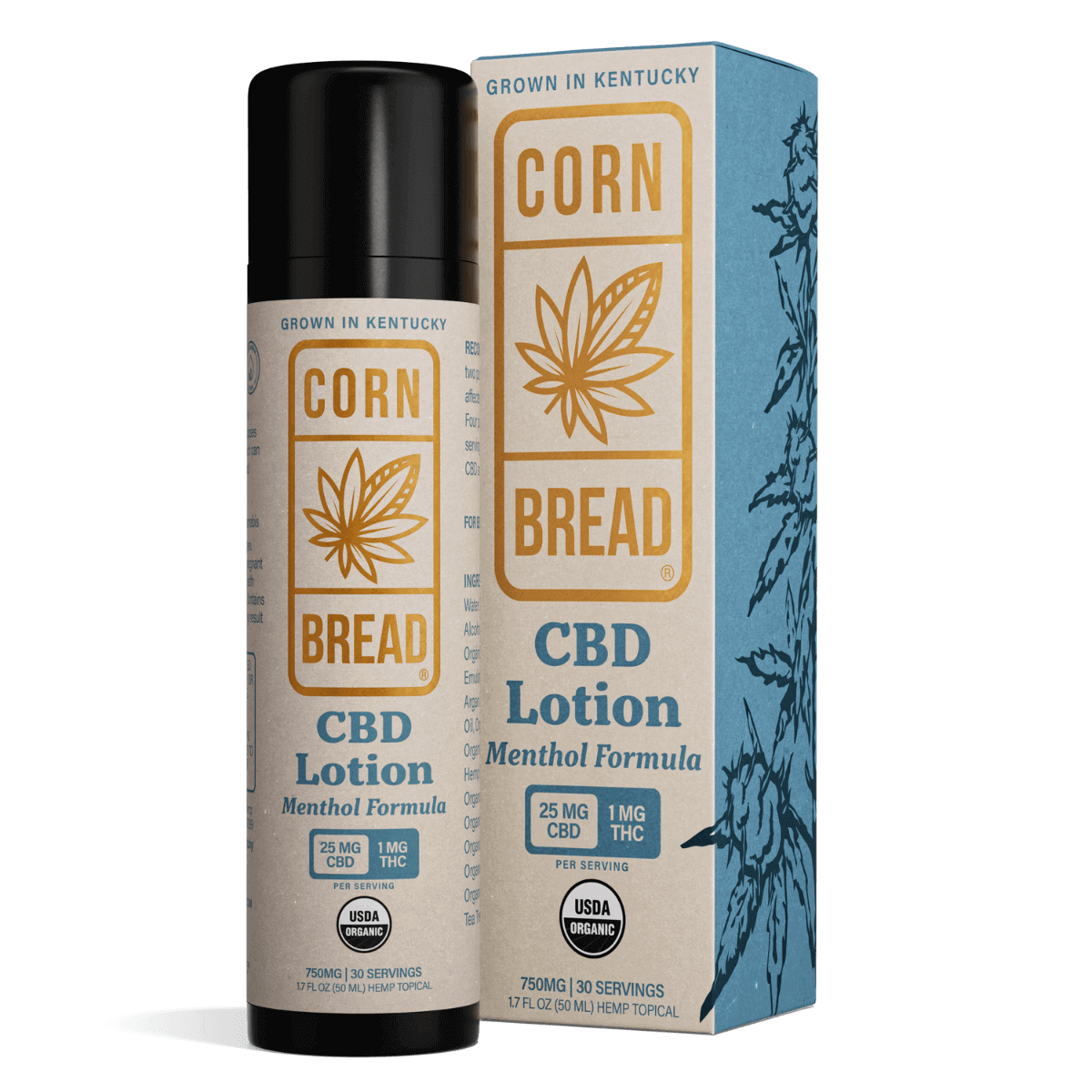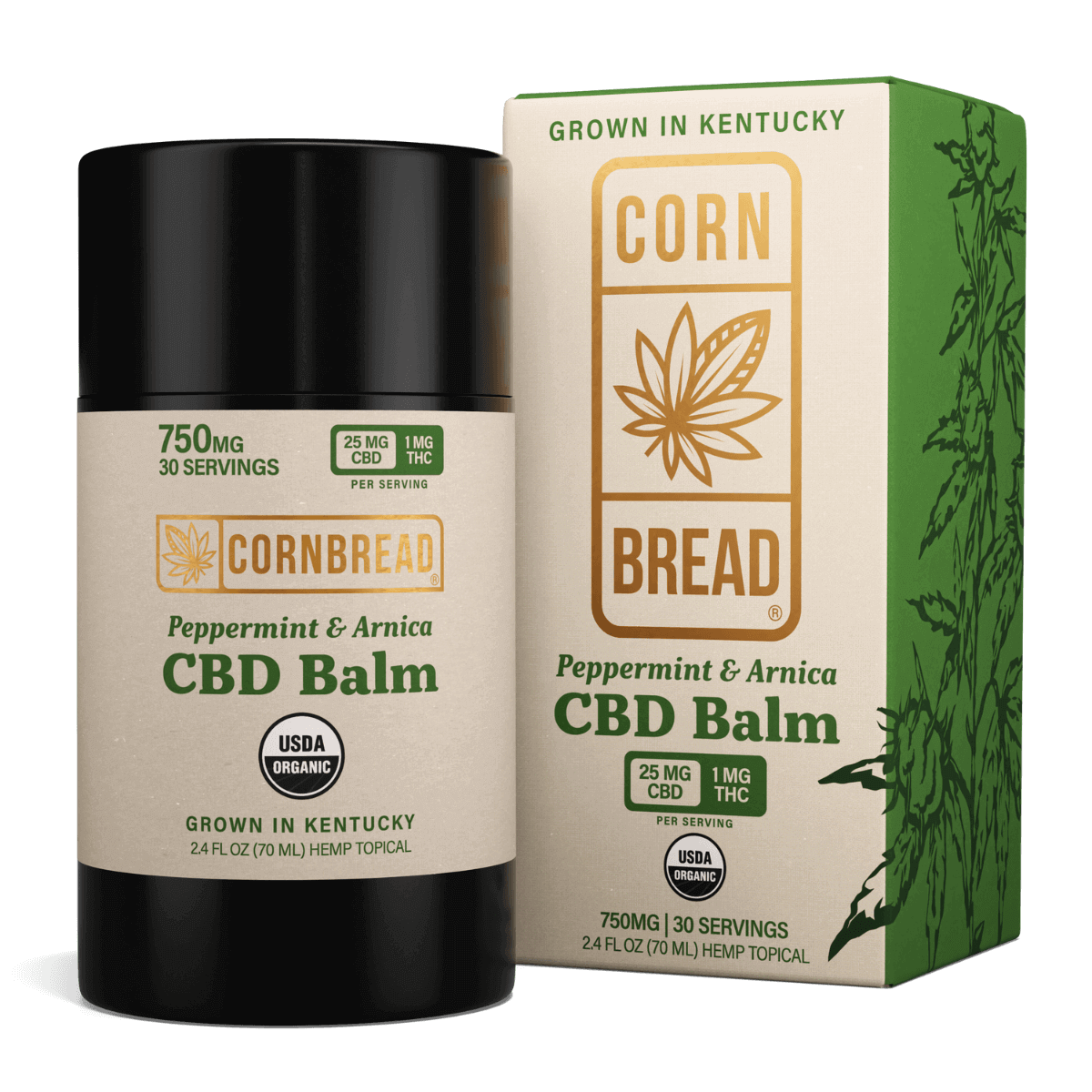Table of Contents
THE BEST NATURAL SLEEP SOLUTIONS
Around 30% of people suffer from sleep disorders like insomnia, or the inability to fall asleep, stay asleep, or achieve the best sleep quality.1 Over the counter (OTC) sleep aids and prescription medications are available to help alleviate some of the symptoms of insomnia—but long term use of these medications may cause harmful side effects. What if you could have better sleep naturally?
Everyone has trouble falling or staying asleep sometimes. Maybe your sleep troubles are short term, perhaps you have jet lag and you're having hard time balancing your sleep cycle.
Or, maybe you suffer from persistent sleep disorders, and want to find a way to treat insomnia without prescription sleep medications. (Be sure to consult your doctor before discontinuing any prescriptions to avoid withdrawal symptoms. Also consult your doctor before adding dietary supplements to your routine to avoid drug interactions.)
Whatever your reason for turning to natural insomnia treatments, it's always important to improve sleep quality for better overall health and well being. Below, we’ll talk about natural ways to help you fall asleep and visit the Sandman sooner and stay with him longer and more peacefully by reviewing some of the best sleep aids that come from nature.
“OLD-FASHIONED” HOME REMEDIES FOR SLEEP
Your grandmother was right. Many of the home remedies that helped when she was a child are as effective in treating insomnia today as they were then. That’s because even though they simply seem aimed at soothing, there’s some science behind an old fashioned sleep remedy for improving sleep. No, we don’t slip a little bourbon into the baby’s nighttime bottle anymore, but many other “old-timey” sleep aids can help you and yours slip into dreamland.
WARM MILK
L Tryptophan is the amino acid in turkey that makes everyone sleepy after Thanksgiving dinner. We once thought that the tryptophan in milk also made it a natural sleep aid. However, the science tells us now that there’s not enough tryptophan in milk to put you to sleep. But still, warm milk before bedtime does seem work as a healthy sleep aid.
But it’s not the tryptophan. When you drink warm milk, what gets the job done, most likely, is the soothing feeling of being full and the cozy warmth of the beverage settling into your body.2 If it works to help you sleep, it works—just not why we used to think it works.
“SLEEPYTIME” TEAS
There are actual name brands of teas that tout their abilities to send you to “sleepytime” with a belly-full of warmth, and herbs and roots that each have properties that make some people drowsy. Many of these “sleepytime”-branded blends absolutely can relax you enough to achieve a good night's sleep.
Look for teas that include chamomile, valerian, lavender, lemon balm, passionflower, or magnolia bark, either in blends or in some instances, in stand-alone teas.3You can even make your own blend in either reusable or disposable tea bags!
Just be sure to avoid blends that include black or green tea as they both have high amounts of caffeine, which raises energy levels and increasing the time it takes to fall asleep (or sleep latency). White tea has less caffeine, but it should still be avoided in night-time tea blends.
HOT TODDY
This is not the same as slipping some bourbon in your baby’s bottle. There is some science behind the hot toddy as a natural sleep solution. (But please, this natural sleep remedy is only for adults over 21 with sleep issues.)
There are many iterations of what goes into a hot toddy, depending on what your relatives taught you. The essential ingredients tend to be a dark alcohol (bourbon, whiskey, rye, scotch, or dark rum), hot water, honey, and if you’re feeling under the weather as well, a little lemon. Some people substitute the hot water with calming teas like chamomile tea or passionflower tea. Others add warm milk and spices like cinnamon, ginger, or cloves.
According to Smithsonian Magazine, hot toddies were invented by the Scots to make bad scotch taste better.4 But soon they found that the toddies made them drowsier than just the scotch alone. The honey and lemon is a good short term solution to help sooth congestion and a sore throat. The warm water, tea, or milk can also heighten the soothing, full-belly feeling that helps a person fall asleep naturally and improve sleep quality.
WARM BATH
Warm baths are the workhorses against poor sleep because not only can they help with insomnia, they can also help to ease aches and discomfort, lower high blood pressure, soothe skin conditions and, obviously, get you clean.
When taking a therapeutic bath before bedtime, consider pairing the bath with essential oils or essential oil-infused bath products that are designed to help you relax and promote sleep. Lavender may be the most popular of these, whether infused into bath bombs, bath salts, bubble baths, or standing by themselves with a handful of lavender buds added to the bath.
Sleep promoting floral scents and oils are popular with bath products, many of which are designed to relax you. In addition to lavender, rose, lilac, sweet marjoram, chamomile, peppermint, and sandalwood are all scents and oils that may help when you're having trouble sleeping.5
SLEEPING CONDITIONS
There’s no reason to fight against your own bedroom when it comes to falling asleep at bedtime. With a little effort, you can transform your bedroom into a haven of deep, satisfying sleep. Some of these tweaks and sleep habits can even be replicated when you’re away from home: like when you are trying to avoid poor sleep when in someone else’s house or in a hotel room. Building better sleep practices and sleeping habits can help you keep a regular sleep cycle.
TEMPERATURE
Many people can agree that being cozy under your blankets is one of the best feelings in the world when falling asleep. But if your body temperature is too hot to the point of sweating or too cold to the point of shivering, it’s no wonder your sleep is being disrupted.
Conventional wisdom is that it’s better to heap on the blankets and make the temperature in your room slightly chilly, so you’re breathing cool air while still being snuggled in your bedsheets. As you sleep, your body temperature naturally drops. This is tied to your circadian rhythms, which regulate your sleep, appetite, mood, and other bodily functions.6
According to the National Sleep Foundation, “Many experts agree that 65 degrees is the best temperature for sleep… However, everyone has different sleep preferences and a range of 60-67 degrees is considered reasonable for most people.”7
BEDROOM NOISE LEVEL
This is absolutely a personal preference—whether to have sound or silence in the bedroom. Some people cannot sleep unless they have absolute silence, and this is hard to achieve unless you live in an isolated home far from neighbors with leaf-blowers, renovators, children, dogs, and lawncare needs. If you’re sleeping with someone who snores, then just forget about silence.
In many cases, these disturbances can be masked by “white-noise” machines, or even the simple running of a fan in the bedroom. Some “white-noise” machines rely on sounds of nature to soothe you into sleep and cover up unwanted noise. Birds chirping, rain falling, thunderstorms, waves, babbling brooks — all of these sounds can substitute for absolute silence and can work wonders as a healthy sleep aid.
Other people need noise to promote sleep help improve sleep quality. For instance, people who have lived in a big city may find a quiet bedroom disconcerting. In those cases, there are apps for that, too—apps that mimic the sounds of cars, sirens, alarms, and trains. Also, talk-radio stations might do the trick to create a constant babble of sound.
BLACK-OUT CURTAINS
Most people find the best way to help improve sleep quality is to keep the room dark. And regular decorative curtains are often not enough to keep the morning light out of your bedroom when the rooster crows. Special black-out curtains are available wherever window dressings are sold. These window treatments are often very attractive, and they block out most of the morning light, or that annoying security light that your neighbor installed that beams directly into your bedroom at night.
KEEP BED FOR SLEEP ONLY
Hopefully, your bed is the most comfortable place in your house. It could be where you want to do as much as possible: taking Zoom calls, doing homework, watching tv, talking on the phone, or reading a book. Don’t do it. Create another location in your home that can serve as a cozy nest where you can do all of those things.
Your bed should be for sleep only (with the exception of intimate activities that don’t involve screens or work or books or phones). By climbing into bed, your body should be signaled that it is time to sleep, not time to turn on reruns of “Frazier.” Sit-coms are not natural sleep aids.
Beds are for sleep (or hanky-panky between consenting adults). Your body should know this and respond appropriately when you crawl under the covers.
NATURAL SLEEP AID SUPPLEMENTS
A natural sleep supplement may not only help you fall asleep faster and sleep better, they may help you sleep with the peace of mind knowing that you’re not at the whim of the pharmaceutical industry and their sometimes-unfair practices of pricing and marketing.
Sometimes, natural sleep aids like dietary supplements are just a better choice than prescription sleeping pills or over-the-counter sleep aid drugs for treating insomnia. Natural sleep aids typically do not have the same harmful side effects than long term effects of pharmaceuticals. However, be sure to consult your doctor before trying natural sleeping aids if you are receiving treatment for sleep disorders. Some herbal supplements may cause liver damage when combined with certain medications.
MELATONIN
Melatonin is a hormone that is often called the “sleep hormone.” This brain chemical is produced by the pineal gland and then released into the bloodstream. Melatonin levels increase with evening darkness and promotes REM sleep, a deep sleep in accord with our circadian rhythms.8
While melatonin production naturally occurs in the human body, researchers have found melatonin supplements in liquid or pill form may help people address many of their sleep problems. People doing third-shift work may especially benefit from adding melatonin to their sleep routines, as the hormone’s release is typically triggered by evening darkness and is reduced during daytime hours.
Using melatonin may cause a few side effects. Some experience next day morning grogginess, headaches or dizziness.9 But these affect only a small percentage of people who take melatonin supplements, most do not not experience any side effect.
VALERIAN ROOT
Studies show that valerian — a tall, flowering plant — may help people fall asleep faster and sleep better. According to several research studies, patients taking a valerian root sleep aid had an 80% greater chance of reporting improved sleep compared with patients taking a placebo sugar pill.10
Dr. Brent Bauer of the Mayo Clinic wrote, “Of the many valerian species, only the carefully processed roots of the Valeriana officinalis have been widely studied.”11 That means that checking the label to see what type of valerian root is being used in your sleep aid is key to ensuring you have the most successful valerian sleep promoting supplement. All herbal sleep supplements have the potential for side effects or drug interactions, so make sure to consult your doctor if you have concerns.
EXERCISE
If you’ve ever had a child or a puppy, you know this to be true: exercise during the day can often help sleeping habits by bringing on easy and deep sleep at night. Just think about when you wear yourself out with strenuous activity—moving things, cleaning, even just running a bunch of errands—isn’t it “naptime” shortly thereafter? Sleep is how a person’s body heals and recovers from exhaustion. When you exhaust yourself physically, your body needs to recuperate.
Exercising directly before bed is often discouraged because it raises your body’s heart rate and body temperature. Generally, it is recommended that to reap the sleep benefits from exercise, you should exercise between morning and early evening. If you do want to exercise at night, it is advised that you exercise no later than 90 minutes before bedtime.14
MEDITATION
Meditation is a centuries-old, cross-cultural practice where the individual uses a variety of techniques including mindfulness and intense focus to achieve a calm and stable state of being. Some people might prefer to pray before bedtime. Prayer is a form of meditation and a great way to prepare your mind and body to fall sleep naturally.
The best aspects of using meditation to help you sleep:
- It is free and accessible to everyone.
- it can be used in conjunction with just about any other sleep remedy.
- It works for anyone of any age or ability, from young children to older adults.
You can learn how to meditate on your own for free, or you can use guided meditations from apps or online videos. Just remember that screen time is not good for the quality of your sleep. There are many types and methods of meditation. Practitioners advise trying a variety of methods until you find the one you’re most comfortable with to get a good night's rest.
ROUTINE BEDTIME
We tend to think about routine bedtimes as something that’s good for children. But adults can benefit from a routine bedtime as well. Doctors widely advise their patients to stick to a daily bedtime for a variety of health reasons. This practice plays nicely with the body’s circadian rhythms and promotes a faster and deeper sleep and better sleep quality.
This is why bedtime routines are important natural sleep aids. They transform bedtime into a repeated ritual that prepares your body for a swift descent into sleep. Keep backlit screens away from your bedtime routine — TV’s, smart phones, tablets, e-readers — all need to stay in another room at bedtime. These devices give off light that can keep you from dozing off.15
Other bedtime routine enhancers include a nightly regimen of health and beauty care, a light snack before bed, journaling, or creating a to-do list for the morning, or even just setting aside 15 minutes before bedtime to do nightly chores that might cause you to worry when you wake up.
NATURAL SLEEP AID CONCLUSION
Many people experience unhealthy sleep patterns at some point in their lives. People who could benefit from trying natural sleep aids are third shift workers struggling to maintain a sustainable sleep cycle, travelers crossing time zones and suffering jet lag, chronic insomnia patients, and anyone who just needs a little help falling asleep and staying asleep.
Pharmacy aisles are burgeoning with over-the-counter sleep aids that are not naturally sourced, and may contain ingredients that can have bad interactions with other medications. Doctors can recommend a prescription sleep remedy that may help with treating insomnia and improving sleep quality, but also may come with adverse side effects. (Always consult your doctor before experimenting with sleep aids!)
Many pharmaceutical companies are not known for their fairness in pricing and marketing when it comes to treatment options, not to mention crazy side effects like sleep walking, sleep driving, and even sleep sex that people don't remember afterwards! Yikes! That's why it's always worth it to give natural sleep aids a try help cure poor sleep without a pharmaceutical sleeping pill. Better sleep is an important part of a healthy life!













 Log in
Log in



















